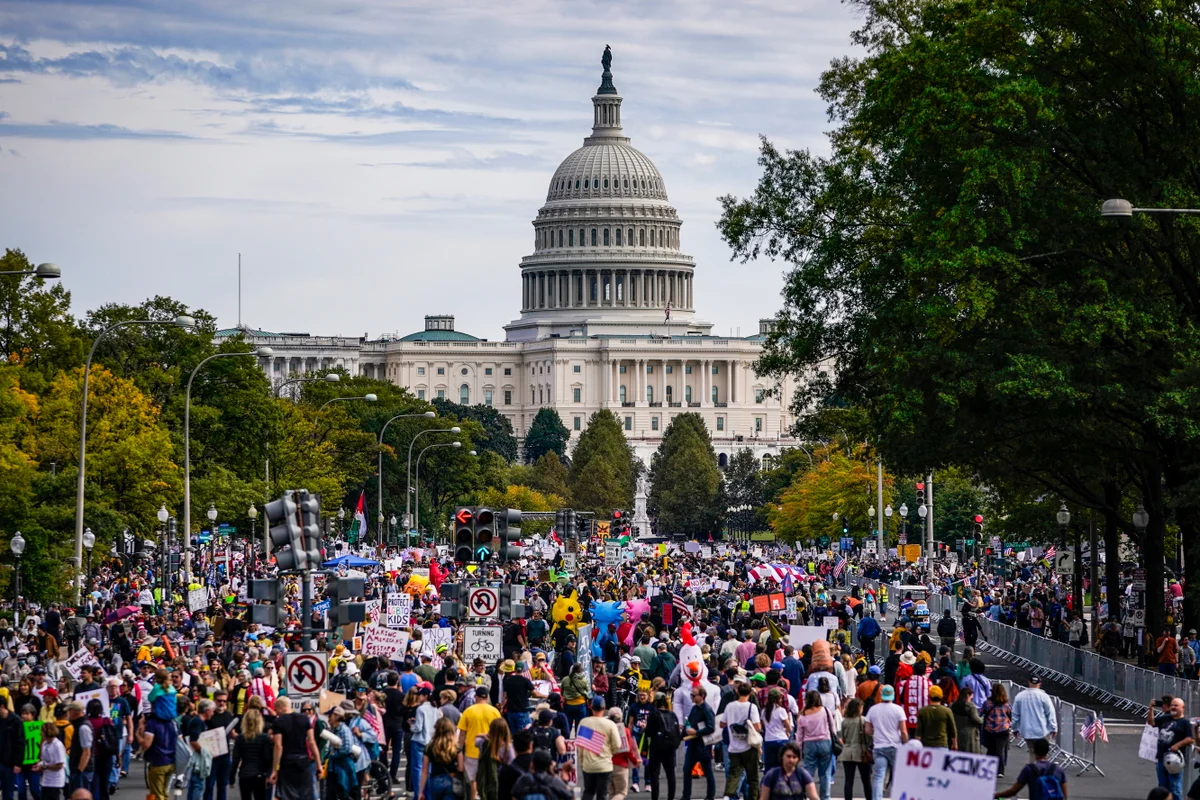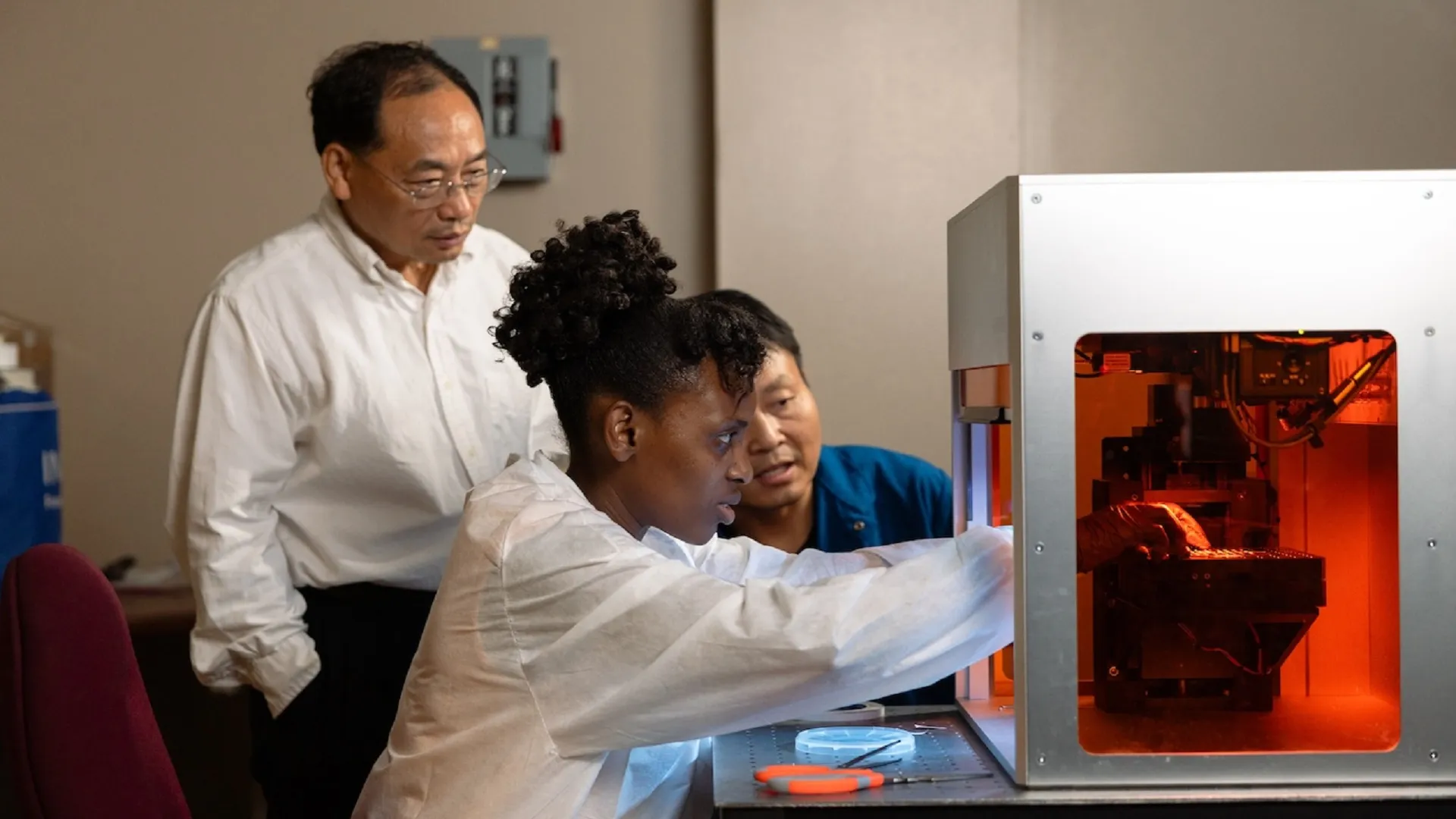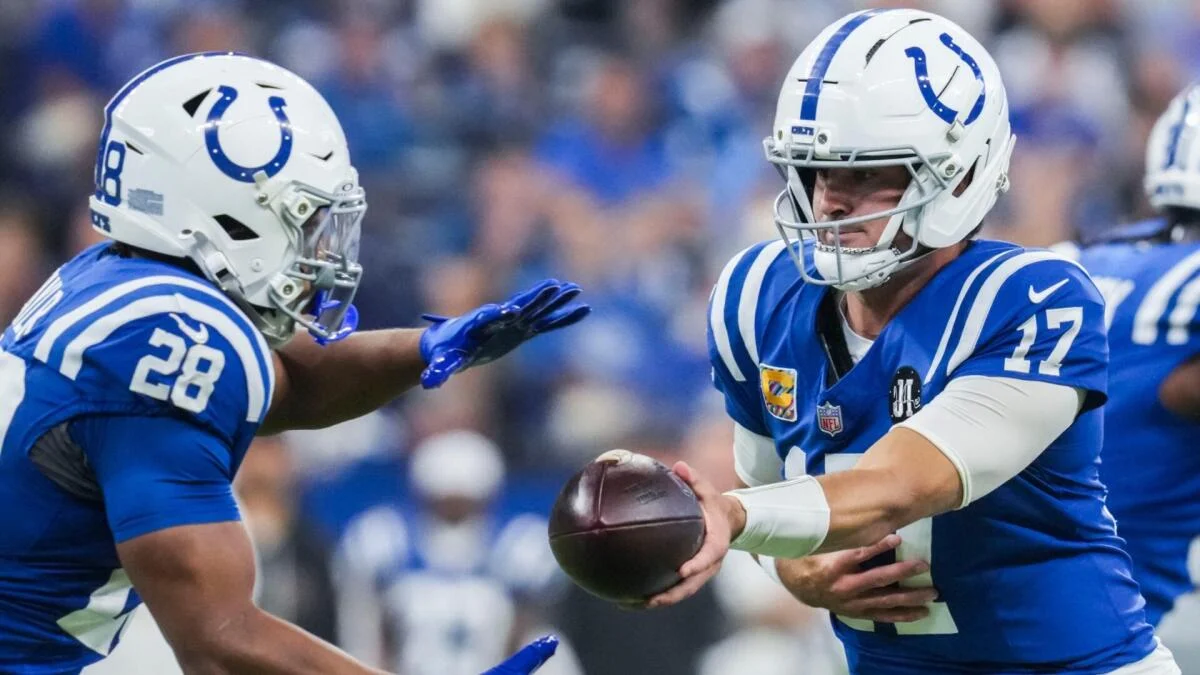Copyright Scientific American

The most recent “No Kings” marches across the U.S. marked a sharp turn away from protesters’ acceptance of political violence, suggests one early survey by sociologists. Millions of people nationwide marched on Saturday in protests of Trump administration moves they see as undermining democracy. In an early survey, sociologists found that 59 percent of protesters in Washington D.C. reported disagreement with political violence, in a turn from similar surveys at previous protests. On supporting science journalism If you're enjoying this article, consider supporting our award-winning journalism by subscribing. By purchasing a subscription you are helping to ensure the future of impactful stories about the discoveries and ideas shaping our world today. Marchers there were “radically less supportive of political violence” than those previously surveyed, says sociologist Dana Fisher of American University, whose team has surveyed four large protests since January. “We also saw fewer violent signs and many more people in costume.” Led by Fisher and her American University colleague, Arman Azedi, a team equipped with computer tablets and QR codes surveyed 348 marchers in the Washington, D.C., protest, which drew perhaps more than 200,000 people. In June at the No Kings protest in Philadelphia, as many as 40 percent of marchers agreed that “Americans may have to resort to violence in order to save our country,” the team had found. But on Saturday in the nation’s capital, only 23 percent agreed. While the survey results are literally fresh off the tablets of scientists, the shift is worth noting, Fisher says. “My initial interpretation is the change in opinion is in response to the recent assassinations” that were politically motivated, she says, along with headlines about violent acts committed by federal agents moving into cities. In addition, march organizers emphasized peaceful protest ahead of the event. Also ahead of the march, administration officials warned of “left-wing violence” associated with protests. But the Associated Press described the Saturday events as a nonviolent “street party” of marching bands, costumes and banners. A Harvard Kennedy School report released last week found that anti-Trump protests have spread more deeply into areas of the U.S. where a majority of people voted for Donald Trump in 2024. “We are still not seeing the students joining these crowds,” says Fisher, who emphasized that more surveys of protests are needed to confirm substantive changes in U.S. public opinion. Though the survey found more young people among marchers compared to past ones, the majority were female, highly educated, white



